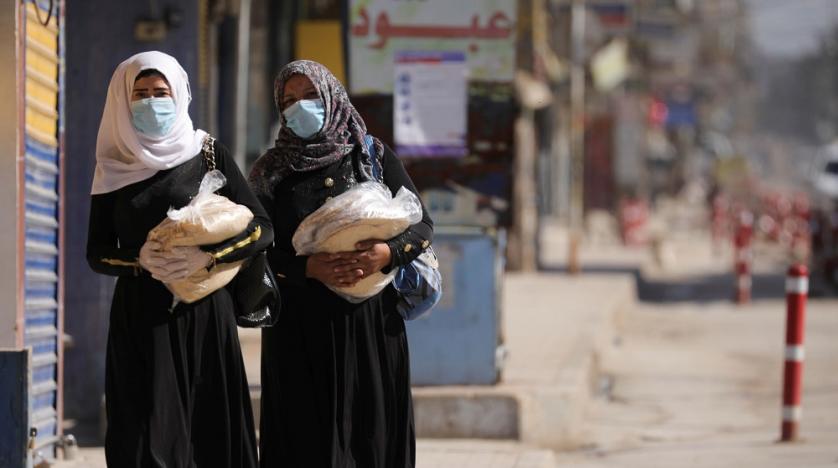Posters of prominent Kurdish leaders can be seen at a traditional Kurdish clothes store in Qamishli, in northeastern Syria. Posters of the late Mala Mustafa Barzani, his son former president Masoud Barzani and Abdullah Ocalan, founder of the Kurdistan Workers’ Party, can be seen alongside the banners of various Kurdish organizations from Iraq and Turkey.
Ocalan’s posters are seen at the autonomous region’s institutions that were established by the Syrian Democratic Union Party in early 2014. Barzani posters are seen at the offices and headquarters of the Kurdish national council.
After nearly two months of talks in April and May, the two main Kurdish factions reached, through the sponsorship of US envoy to Syria William Roebuck, a form of political vision. More discussions will continue during future rounds of talks with the aim of reaching a united stance.
The Kurds in Syria, however, appear pessimistic about the possibility of the Kurdish parties being able to “lead them out of the dark tunnel that they have dragged them into.”
A local activist said that the affiliation of Kurdish parties in Syria to Kurdistan have played a role in the success of understandings, but they have negatively impacted the interests of Syria’s Kurds.
She explained that each foreign power has its own “vision, ideology and alliances that are so far removed from the interests and aspirations of Syria’s Kurds.”
If the Kurdish parties in Syria do not abandon their affiliation to Kurdistan, then the intra-Kurdish talks will fail, just like previous ones, she said.
She attributed the successive failures to the “weak political personality” of Syria’s Kurdish officials.
“They must open their eyes and realize the suffering of their people. They must realize that their main problem lies with Damascus, not Baghdad or Ankara,” she stressed.
The “Kurdistan affiliation” predicament is among the pain problems driving a wedge between Syria’s various Kurdish parties.
A resident of Dayrik on the border with Turkey and Iraq said that the affiliation of local Kurdish parties to Kurdistan leaderships in neighboring countries has been “unwavering” for decades.
He doubted that the various parties would be able to reach a comprehensive and final agreement due to their conflicting foreign relations and alliances.
Any agreement would be “limited” and fall short of the people’s expectations, he predicted.
A pharmacist in the town of Amouda shared a different opinion. She said that the affiliation with Kurdistan has had a positive impact on the first round of talks.
She stated that the people are more concerned with economic concerns and developments on the ground than the political talks.
The Syrian Observer has not verified the content of this story. Responsibility for the information and views set out in this article lies entirely with the author.


